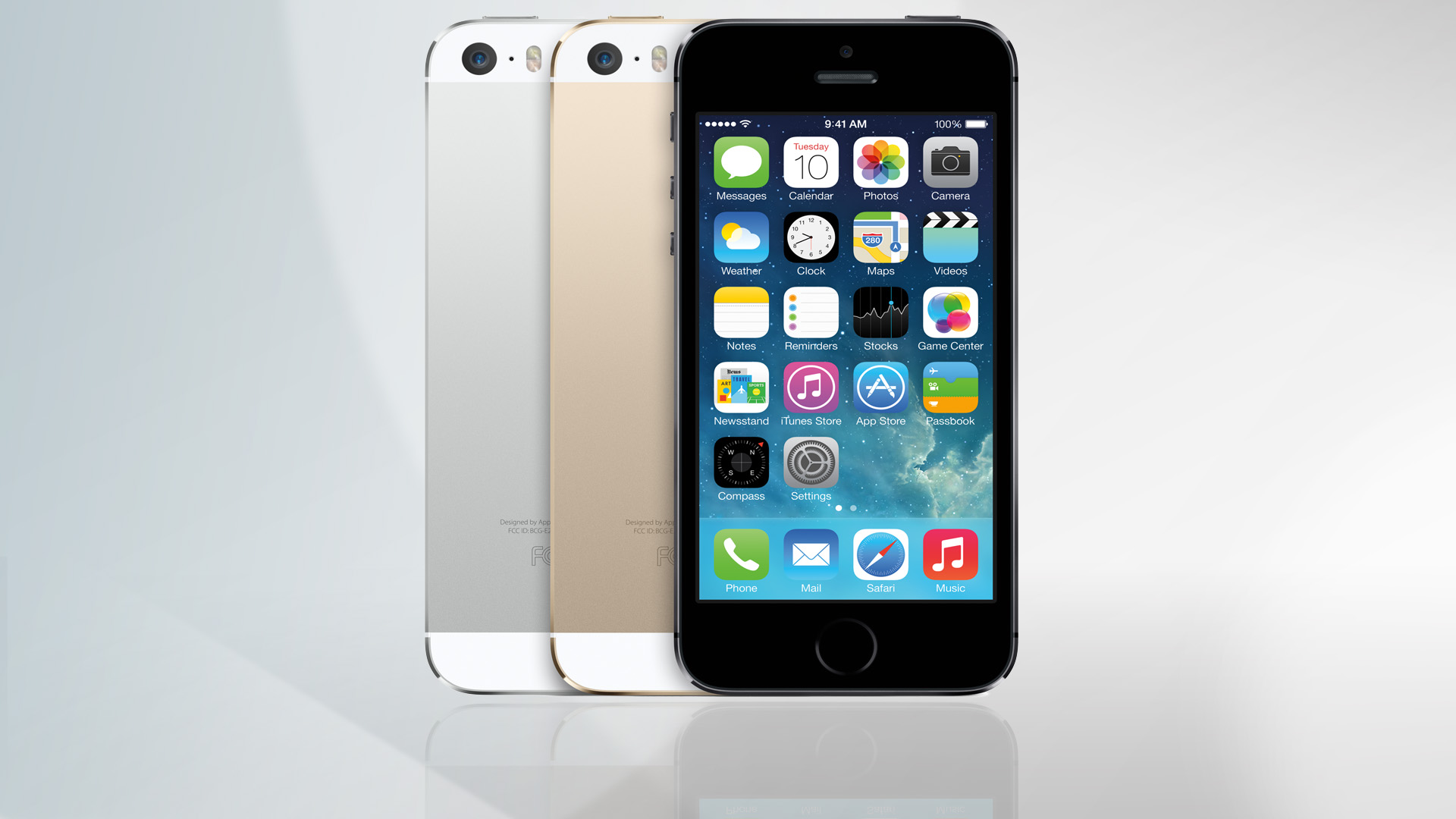After compacts, does the smartphone have its sights set on DSLRs?
Camera phones vs the DSLR – is the enemy at the gates?

Maybe we all know someone who claims they don't want a camera on their mobile phone – and who goes out of their way to find one of the diminishing few that still exist. I think it is fair, and polite, to say that none of the mobile phone manufacturers reserve their best styling for their camera-less models. I can only wonder at the degree of self-delusion and cutting-off-of-nose-in-spite-of-face that is required to convince oneself that these are, on any level, truly desirable products. Good battery life is usually the best that can be said of them. Correct me if I'm wrong.
In 2014, all good mobile phones have a camera built-in, and increasingly these cameras are very good at taking pictures. The advances in camera phone picture quality is credited with the demise of the compact camera market the world over, and particularly in the developing world, as the man and woman on the street has to hand a contraption that he or she deems good enough for his or her every day photographic needs.
Camera phones are not able to accomplish all that a 'real' camera can of course, and there are both functions and quality issues that make them in many ways inferior to the decent compact camera. For many, however, that really doesn't matter. The fact is, we are all prepared to sacrifice a degree of quality and function for the sake of convenience - how much we are prepared to sacrifice depends on how seriously we take photography, and how able we are to ignore less-than quality.
Satisfaction guaranteed?
I believe there is a satisfaction equation that takes the convenience of having a camera attached to a device that we always have with us anyway, and divides the value of that convenience by the personal creative cost of the un-met need for functionality and high quality results.
If the camera phone is a good one and the user's expectations are low, the result will be highly positive. The snapper with an eye, who demands quality and control, would find his outcome naturally a good deal lower.
The standard compact camera user might be easy enough to satisfy and thus to win over, because those who settle on a camera phone instead of a standalone camera may not be fully aware of what they are missing – or if they are, they simply don't value it. The lack of a zoom is not enough it seems, for the general population to log on to Amazon to purchase a compact two days before a family holiday, but the lack of that zoom will almost certainly come back to haunt them once they are on the beach.
The bridge camera and DSLR user will never be won over, of course. Well, not at the moment, for sure. There are too many tricks missing from the camera phone's bag; such as the ability to alter focal length without losing pixels, the ability to truly control aperture and shutter speed – those basics of the craft – and pure image quality. Camera phones use tiny sensors that produce dramatic noise in low light and small unprotected lenses that can be utterly sabotaged by a careless finger print.
Get daily insight, inspiration and deals in your inbox
Sign up for breaking news, reviews, opinion, top tech deals, and more.
Sense about sensors
But those are the facts of today, the now. These things could, and almost certainly will, change. Just as we now have full frame sensors in compact cameras, there will come a time when camera phones feature the kinds of sensor we now associate with good compacts. There will come a time when image quality improves because advanced processors will allow lower compression JPEGs and maybe even shooting in raw. And as for zoom lenses – well, we've already been there and done that in 2006 with the fabulous, though bulbous, Nokia N93.
Granted, should these things come to pass they won't make even the smartest of smart phones better than a good DSLR. But as convenience increases and the requirement for function, quality and control becomes more 'met' than 'un-met' these products will oust increasing numbers of 'real' cameras from picture-taking hands, like telephonic cuckoos in unsuspecting photographic nests.
And then the traditional photo industry will really know what trouble looks like.